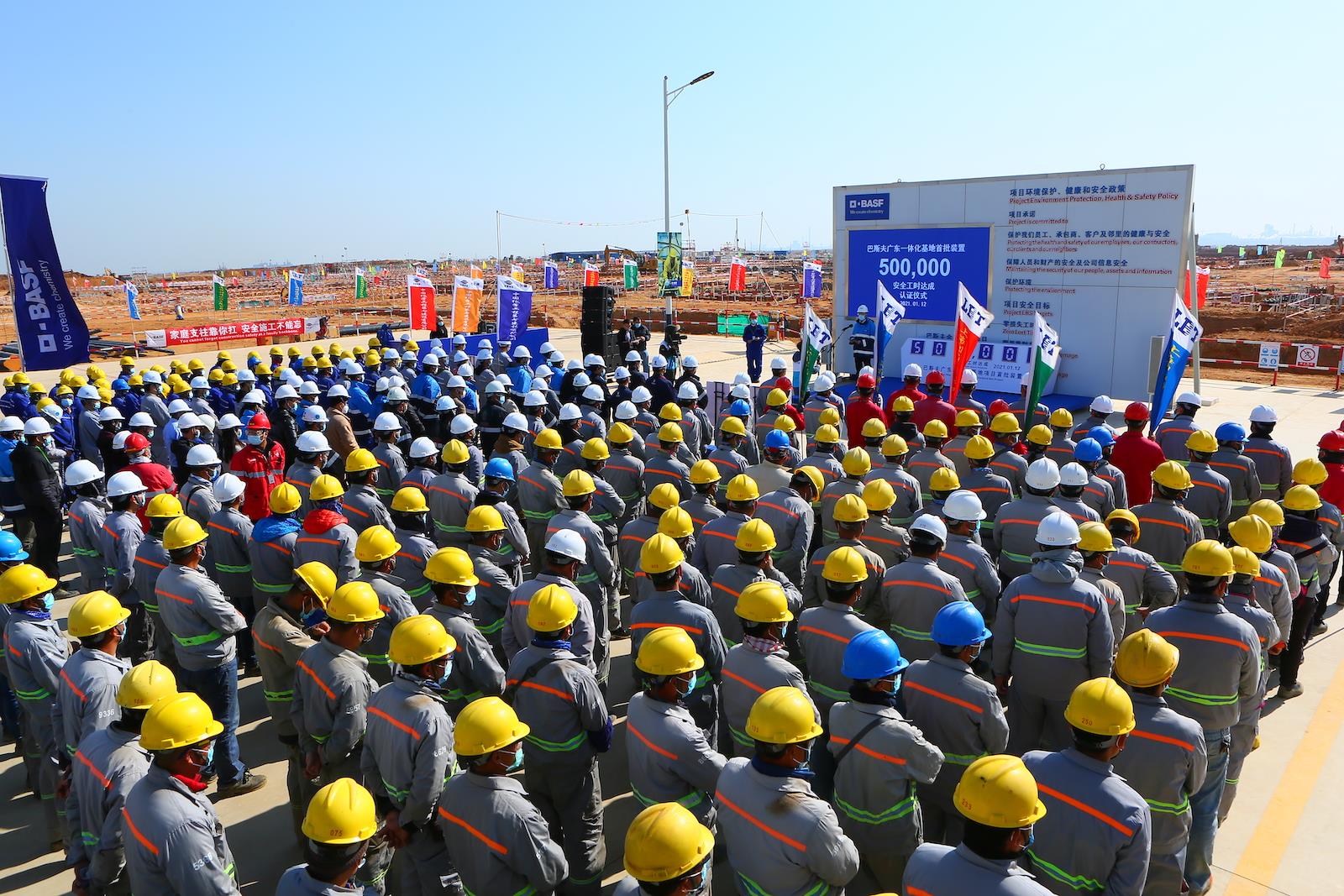by SCOTT FOSTER

Blaring headlines such as“US bans ‘advanced tech’ firms from building facilities in China for a decade” and“China’s zero-Covid policies are crippling its economic outlook” distract from more mundane but arguably more important corporate news coming out of China.
Those new developments include the start of production at BASF’s new industrial complex in Zhanjiang and the final commissioning of ABB’s state-of-the-art robotics factory in Shanghai, big new European investments that buck the trend of US“decoupling” with China.
On September 6, BASF announced the inauguration of the first manufacturing plant at its Zhanjiang Verbund industrial complex in China’s southern Guangdong province. The plant is designed to produce 60,000 metric tons of engineering plastics per year, primarily for supply to the Chinese automotive and electronics industries.
It will raise BASF’s annual engineering plastics capacity in the Asia-Pacific region to 420,000 metric tons. Headquartered in Germany, BASF is the world’s largest producer of chemicals.
The Zhanjiang Verbund site is about nine square kilometers in size and the total investment is expected to reach about 10 billion euros (US$10.1 billion) by 2030. It will be BASF’s largest foreign investment to date and the first heavy chemical industry project in China to be wholly owned and operated by a foreign company.
“Verbund” is BASF’s approach to integrated manufacturing. As explained on the company’s website,“The driving principle of the Verbund concept is to add value through the efficient use of resources. At our Verbund sites, production plants, energy and material flows, logistics, and site infrastructure are all integrated.”
“The Verbund system creates efficient value chains that extend from basic chemicals all the way to consumer products. In this system, chemical processes make use of energy more efficiently, achieve higher product yields and conserve resources. By-products of one process are used as starting materials for another process. We thus save on raw materials and energy, minimize emissions, cut logistics costs and realize synergies.”
BASF currently operates six Verbund sites – in Germany, Belgium, Texas, Louisiana, Malaysia and Nanjing. The Zhanjiang Verbund will be the company’s seventh and third largest.
Menafn for more
